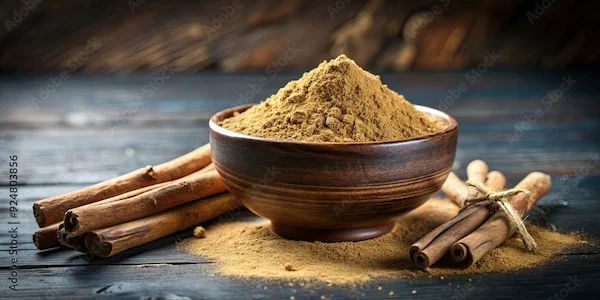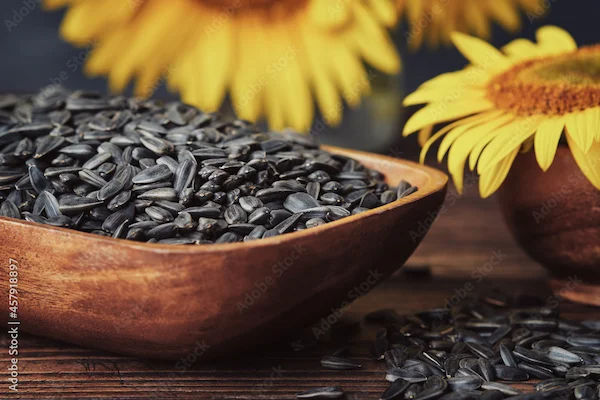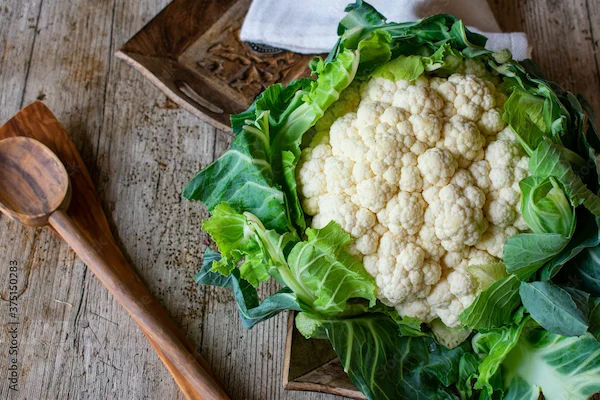Health Benefits Of Eating Dates
Dates are nutrient-dense fruits rich in fibre, antioxidants, and essential minerals. Learn about the health benefits of eating dates, including improved digestion, heart health, and energy boost.

Written by
Last updated on 20th Jul, 2025

Introduction
Dates are a delicious and nutritious fruit that has been enjoyed for centuries. Packed with essential nutrients, they offer numerous health benefits, making them a great addition to your diet. Whether you eat them as a snack or use them in recipes, dates can support your overall well-being in many ways.
Nutritional Value of Dates
Dates are rich in vitamins, minerals, and fibre, making them a powerhouse of nutrition. Here’s what a small serving (about 100 grams) of dates provides:
Calories: 277 kcal
Carbohydrates: 75 grams (natural sugars for quick energy)
Fibre: 7 grams (supports digestion)
Protein: 2 grams
Potassium: 696 mg (good for heart health)
Magnesium: 54 mg (helps with muscle and nerve function)
Iron: 0.9 mg (supports blood health)
Vitamin B6: Helps with brain function and energy levels
Top Health Benefits of Eating Dates
Here are some of the health benefits of eating dates:
1. Boosts Energy Naturally
Dates are high in natural sugars like glucose, fructose, and sucrose, making them an excellent energy booster. Eating a few dates can quickly replenish energy levels, which is why they are often recommended for athletes or people recovering from illness.
2. Supports Digestive Health
Dates are rich in dietary fibre, which helps prevent constipation and promotes regular bowel movements. The fibre also supports a healthy gut by feeding good bacteria, improving digestion, and reducing bloating.
Consult Top Nutritionists
3. Strengthens Bone Health
Dates contain essential minerals like calcium, magnesium, and phosphorus, which are crucial for maintaining strong bones. Regular consumption may help prevent conditions like osteoporosis, especially in older adults.
4. Improves Heart Health
The potassium in dates helps regulate blood pressure by balancing sodium levels in the body. Additionally, the fibre and antioxidants in dates help reduce bad cholesterol (LDL), lowering the risk of heart disease.
5. Helps in Anaemia Prevention
Dates are a good source of iron, which is vital for producing red blood cells. Including dates in your diet can help prevent iron-deficiency anaemia, especially in pregnant women and those with low iron levels.
6. Supports Brain Function
Dates contain antioxidants that help reduce inflammation in the brain, which may lower the risk of neurodegenerative diseases like Alzheimer’s. The vitamin B6 in dates also supports cognitive function and mood regulation.
7. Aids in Weight Management
Despite being sweet, dates can help with weight management when eaten in moderation. The fibre keeps you full for longer, reducing unnecessary snacking. However, since they are calorie-dense, portion control is key.
8. Natural Sweetener Alternative
Dates can be used as a healthy substitute for refined sugar in smoothies, desserts, and baked goods. They add natural sweetness along with nutrients, unlike processed sugars that offer empty calories.
9. Promotes Healthy Skin & Hair
The vitamins (especially vitamin C and B-complex) and antioxidants in dates help maintain healthy skin by fighting free radicals that cause ageing. They also support hair strength and growth.
10. Helps in Pregnancy & Labour
Studies suggest that eating dates in the last few weeks of pregnancy may help ease labour by promoting cervical dilation and reducing the need for induced labour. They also provide essential nutrients for both mother and baby.
How to Include Dates in Your Diet?
As a Snack: Eat 2-3 dates with nuts for a quick energy boost.
In Smoothies: Blend dates with milk, bananas, and yoghurt for a nutritious drink.
In Desserts: Use date paste instead of sugar in cakes, cookies, and energy bars.
With Oatmeal: Chop dates and add them to your morning oatmeal for natural sweetness.
Stuffed Dates: Fill dates with almond butter or cheese for a delicious treat.
Precautions & Who Should Avoid Dates
While dates are highly beneficial, some people should consume them in moderation or avoid them:
Diabetics: Dates have a high glycemic index, so diabetics should eat them in small quantities and monitor blood sugar levels.
Weight Watchers: Due to their calorie content, overeating dates may lead to weight gain.
People with Allergies: Rarely, some individuals may be allergic to dates.
Conclusion
Dates are a superfood that offers numerous health benefits, from boosting energy to improving digestion and heart health. Including them in your diet can be a simple yet effective way to enhance your overall well-being.
If you have specific health concerns or dietary restrictions, consult a doctor or nutritionist before making significant changes to your diet. Book a consultation with a nutritionist on Apollo 24|7 today!
Consult Top Nutritionists
Consult Top Nutritionists
Dr. Sasikamalam
General Practitioner
1 Years • MBBS
COIMBATORE
Apollo Sugar Clinic Coimbatore, COIMBATORE
Dr Sumanth R
General Physician
2 Years • MBBS
Bengaluru
PRESTIGE SHANTHINIKETAN - SOCIETY CLINIC, Bengaluru

Dr. Ramalinga Reddy
General Physician
5 Years • MBBS MD General medicine
Bengaluru
PRESTIGE SHANTHINIKETAN - SOCIETY CLINIC, Bengaluru
Dt. Ila Sharma
Clinical Nutritionist
18 Years • Master in food & Nutrition
Gurugram
VIPUL GREENS - SOCIETY CLINIC, Gurugram

Dr. Bhukya Pavan Kalyan
General Physician
5 Years • MBBS DNB Paediatrics
Bengaluru
PRESTIGE SHANTHINIKETAN - SOCIETY CLINIC, Bengaluru
Consult Top Nutritionists
Dr. Sasikamalam
General Practitioner
1 Years • MBBS
COIMBATORE
Apollo Sugar Clinic Coimbatore, COIMBATORE
Dr Sumanth R
General Physician
2 Years • MBBS
Bengaluru
PRESTIGE SHANTHINIKETAN - SOCIETY CLINIC, Bengaluru

Dr. Ramalinga Reddy
General Physician
5 Years • MBBS MD General medicine
Bengaluru
PRESTIGE SHANTHINIKETAN - SOCIETY CLINIC, Bengaluru
Dt. Ila Sharma
Clinical Nutritionist
18 Years • Master in food & Nutrition
Gurugram
VIPUL GREENS - SOCIETY CLINIC, Gurugram

Dr. Bhukya Pavan Kalyan
General Physician
5 Years • MBBS DNB Paediatrics
Bengaluru
PRESTIGE SHANTHINIKETAN - SOCIETY CLINIC, Bengaluru



.webp)
